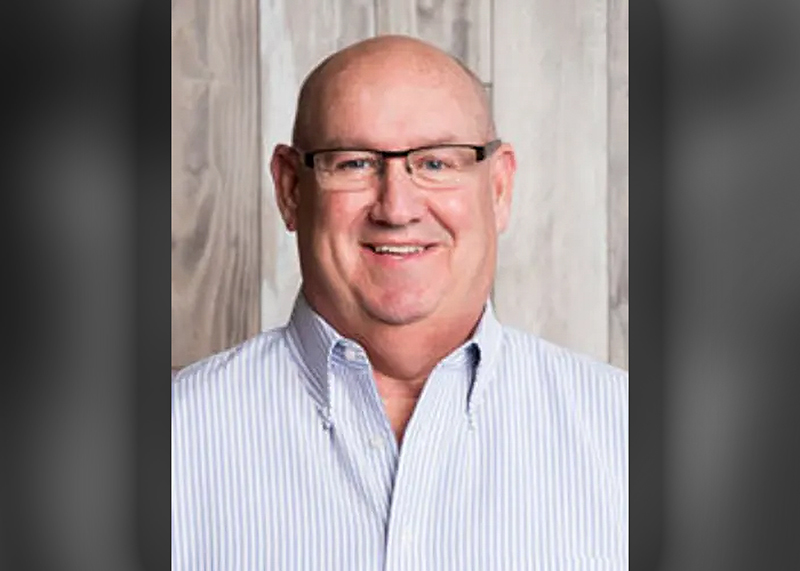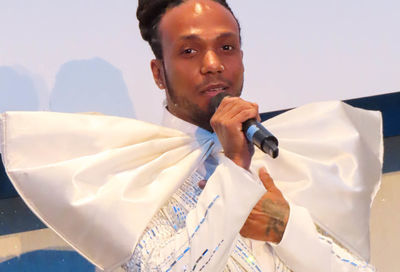Federal judge overturns Tampa’s ban on conversion therapy
Judge opines that only state legislatures are empowered to regulate therapists' actions

Last week, a federal judge struck down Tampa’s ban on conversion therapy, ruling that the law, which was passed by the City Council in 2017, may conflict with patients’ privacy rights and the right of a parent to choose health care for their children.
U.S. District Judge William Jung of the Middle District of Florida ruled that state medical boards that oversee the licensing of mental health professionals already serve as a check on any potentially harmful treatments, and that regulating therapists is the purview of the state, not local municipalities.
Liberty Counsel, which had brought the lawsuit on behalf of two licensed therapists — one of whom was later dismissed from the case because he does not practice in Florida — cheered Jung’s ruling.
“Regulating health care is above the pay grade of local municipalities,” Mat Staver, Liberty Counsel’s founder and chairman, said in a statement. “This ruling dooms every municipality in Florida and is the beginning of the end of more than 50 similar local laws around the country.”
Liberty Counsel had previously sued, challenging bans in Boca Raton and Palm Beach County that prohibit therapists from trying to change the sexual orientation or gender identity of patients under the age of 18. But the ban in Boca Raton was upheld by a different judge, whose ruling has since been appealed, reports the Tampa Bay Times.
Tampa City Attorney Gina Grimes told the Times that the city will consult with its outside counsel to determine whether to appeal the ruling, but noted that Jung’s decision did not explicitly outlaw bans on conversion therapy.
“The court did not rule on the constitutionality of the city’s ordinance prohibiting conversion therapy,” Grimes said. “Instead, it found that the states’ health care regulations prevent municipalities from regulating this type of counseling.”
While most major medical and mental health organizations have deemed conversion therapy ineffective and potentially harmful — given the high rates of depression, low self-esteem, and suicidal ideation that those subjected to it may experience — some practitioners of conversion therapy, including the Tampa therapist in this case, argue that bans on the practice interfere with what is best for the patient and with therapists’ free speech rights.
But Jung cited a 2009 American Psychological Association Task Force report which found that no study has shown definitively that conversion therapy produces either positive or harmful outcomes. And Tampa does not regulate similar health care-related services such as massage therapy, acupuncture, optometry, tattoo parlors and medical labs, he added.
At least 55 localities have passed bans prohibiting conversion therapy on minors. But even if those municipalities are found to have overstepped their authority by passing bans on the therapy, courts have thus far upheld the right of state legislatures to pass regulations that prohibit therapists from engaging in the practice, or risk losing their license.
As a result, it would then be up to the Florida legislature to ban conversion therapy outright. Bills to ban the practice have been introduced in recent years, but have been killed in committee in the GOP-controlled State House and Senate.
Nadine Smith, the executive director of Equality Florida, reiterated her previous calls for a statewide ban.
“What is clear from this ruling is that conversion therapy bans that protect children from this dangerous quackery are not unconstitutional,” she said in a statement. “Florida should join the states that have eliminated this debunked and dangerous practice.”
Read more:
Supreme Court hears arguments in LGBTQ workplace discrimination cases
West Point, Va., teacher sues over firing for refusing to use trans student’s correct pronouns
Transgender sheriff’s deputy sues Georgia county over health insurance exclusion
Support Metro Weekly’s Journalism
These are challenging times for news organizations. And yet it’s crucial we stay active and provide vital resources and information to both our local readers and the world. So won’t you please take a moment and consider supporting Metro Weekly with a membership? For as little as $5 a month, you can help ensure Metro Weekly magazine and MetroWeekly.com remain free, viable resources as we provide the best, most diverse, culturally-resonant LGBTQ coverage in both the D.C. region and around the world. Memberships come with exclusive perks and discounts, your own personal digital delivery of each week’s magazine (and an archive), access to our Member's Lounge when it launches this fall, and exclusive members-only items like Metro Weekly Membership Mugs and Tote Bags! Check out all our membership levels here and please join us today!


























You must be logged in to post a comment.